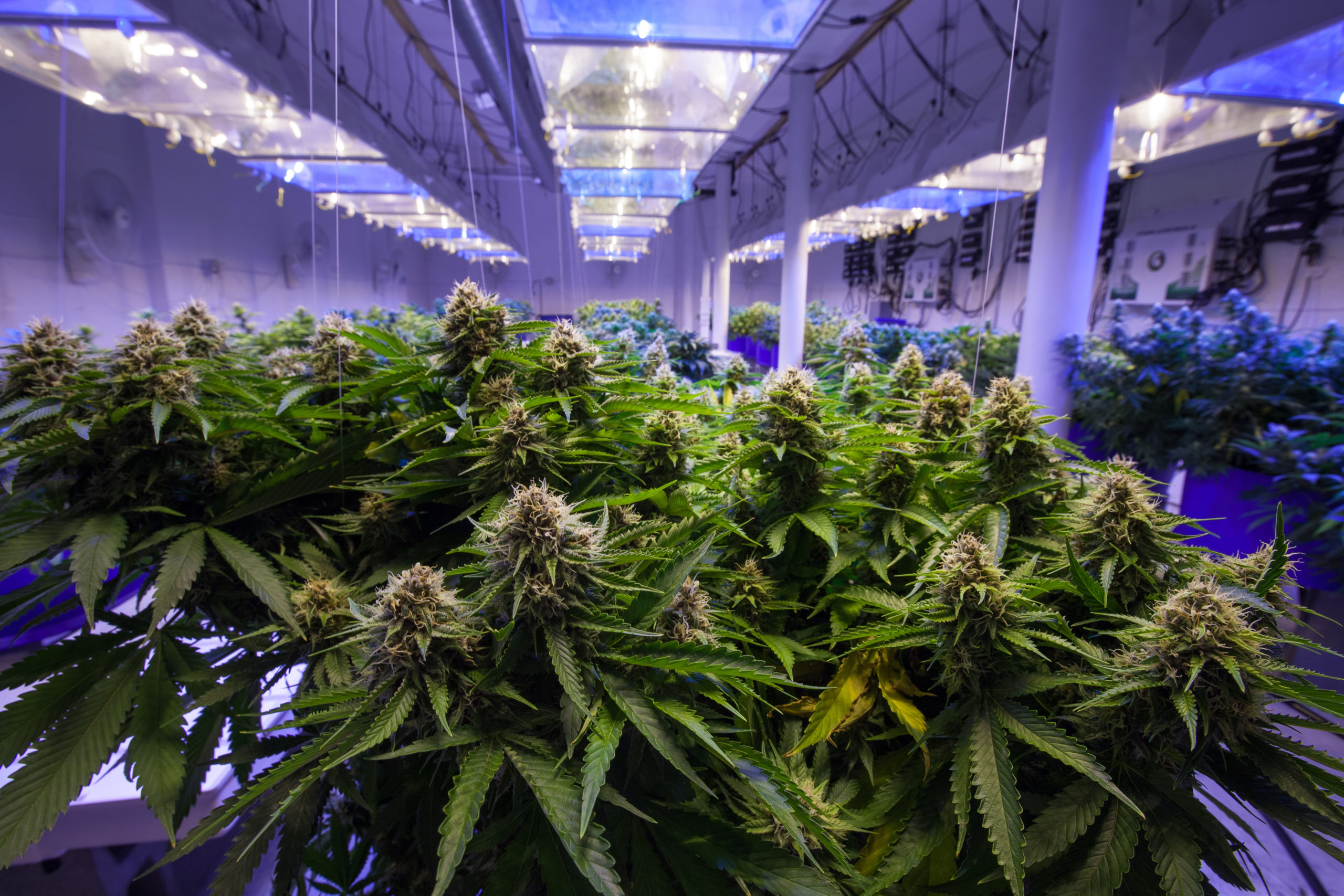Rhode Island appears to be on a definitive track towards legalization of cannabis and establishing a framework for its adult use industry. More than 15 years after establishing its medical marijuana program and, following years of on-and-off momentum, the Rhode Island General Assembly has given strong indications that adult use cannabis legislation will become law within the next few weeks.
On May 17, both Senate Judiciary Committee and the House Finance Committee approved legislation and sent these companion bills to the full House and Senate for a final vote. Those crucial votes are expected to occur this coming week. The majority of news coverage to-date has focused on how last-minute changes to the legislation now require automatic expungement of prior civil or criminal marijuana possession conviction. However, the most significant development in the legislation is actually the material addition of language allowing cannabis cultivators the right to manufacture cannabis products. This crucial language will have meaningful impact on the adult use marketplace here in Rhode Island and is of much greater import to aspiring industry participants.
In Rhode Island’s medical marijuana program, medical marijuana cultivators were and continue to be permitted to grow, process and manufacture cannabis and cannabis products under their singular cultivation licenses. Many cultivators do in fact manufacture cannabis products, whether it be a simple rosin press or a more complex critical CO2 extractor. However, this historic right to manufacture, a significant component to commercial cannabis industries given consumer trends away from marijuana flower and towards edibles and extracts, were in jeopardy before Tuesday’s recent legislative amendment. This is because (i) the original proposed adult use legislation removed “manufacturing” from the defined activities in which a cultivator could undertake in an adult use program, where such right was explicitly stated in Rhode Island’s medical marijuana act and, (ii) created a separate license for manufacturing activities while expressly prohibiting license holders from holding more than one license in the industry (cultivators could not hold manufacturing licenses, manufacturers could not hold cultivation licenses, etc.).
May 17th’s Sub-A as voted out of House and Senate Committees contained crucial language which preserved the rights of existing cannabis cultivators to manufacture under their existing cultivation licenses and to play a material role in the growth of Rhode Island’s recreational marijuana industry. Specifically, the legislation headed for approval by both chambers of Rhode Island’s General Assembly now includes the following new language (21-28.11-7(b)):
On August 1, 2022 and thereafter, any medical marijuana cultivator licensed or approved pursuant to the provisions of § 21-28.6-16, upon payment of an additional license fee, shall be permitted to cultivate, manufacture and process cannabis as a hybrid cannabis cultivator for both adult use and medical use.
As a result of this last minute amendment to Rhode Island Adult Use Cannabis Legislation, licensed cultivators have expanded rights to manufacture cannabis products in the highly lucrative recreational marketplace.
Without this language, only the three compassion centers would have arguably been able to manufacture cannabis products for a period of time before a regulatory scheme and licensing structure was put in place for manufacturing, depriving licensed cultivators a crucial source of revenue from legalized cannabis operations.
If you have questions on cannabis legal matters, please contact PLDO Partner Benjamin L. Rackliffe at 401-824-5100 or email brackliffe@pldolaw.com.
Disclaimer: This blog post is for informational purposes only. This blog is not legal advice and you should not use or rely on it as such. By reading this blog or our website, no attorney-client relationship is created. We do not provide legal advice to anyone except clients of the firm who have formally engaged us in writing to do so. This blog post may be considered attorney advertising in certain jurisdictions. The jurisdictions in which we practice license lawyers in the general practice of law, but do not license or certify any lawyer as an expert or specialist in any field of practice.


